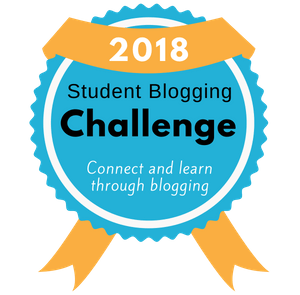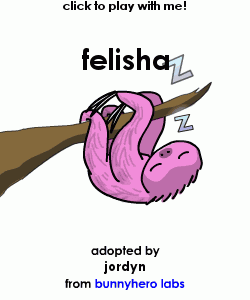Welcome back to My Dog Ate My Blog, it’s me Jordyn here to tell you about the past unit we have been working on in Humanities class. Da da da!! First things first, do you all know what a heritage minute is? Most likely since they were all over TV in the 90’s. But if you don’t, this is for you. A heritage minute, by Historica Canada, is a short summary of a person, place, or thing that is very important to the history of Canada, they are usually something that Canada wouldn’t be the same without. Here are three of my favourites:
Now you are probably wondering what the heck this has to do with Humanities and how it has anything to do with our project but don’t worry you will find out, no need to panic. Continuing with our video making theme (these include my Victoria Video, Work Video, and Kanaka Video) we, in groups of four, are creating our vey own Heritage Minutes! But of course we certainly couldn’t call them heritage minutes, so we called them our own name, (what ever our subject is) in 60 seconds. I present to you Oral Storytelling in 60 seconds!
This is something you should probably know for the rest of my blogposts, I will use things like toggles and accordions when the topic with in them aren’t mandatory to read, it wont ruin the experience if you don’t but I recommend you do!
This ^^^ is the name of our unit. It was all about the history of Canada and how this history was a foundation for our country to be built on. We did activities on upper and lower Canada, the Act of Union and how these things led to confederation, but I had one favourite. We did an interactive, online investigation as Lord Durham. We travelled through what Canada used to be, Upper and Lower, and investigated what the people had to say. I think I enjoyed this so much because of the interactivity of it. I loved being in the shoes of someone in that time. We even got to write a letter to the queen stating the results of our investigation!
But as I later learned, that is only one story, one story of how Canada came to be, one story of the rebellions between upper and lower Canada. Here is a video called the Danger of a Single Story that really sticks out to me, I love it! Don’t just assume something about a place or a person, find all sides of the story:
https://youtu.be/D9Ihs241zeg
THE PROCESS IN CREATING A VIDEO
You have already seen the video at the top of this post above all the toggles and accordions and stuff so now I will explain to you how it all works, the behind the scenes of how the video was made because trust me (!!!!) a lot of work went into it. This actually took two drafts and they were drastically different, here is the first one:
So we got this feedback:
And came out with the first video you saw which is the process I will be explaining.
RESEARCH
Research comes first when creating a video as most people probably know. Since our videos will be on YouTube, out for the public to see, we need to know our stuff. Our project, our video was based on the “Raven Who Stole the Light story”, told by many first peoples bands across BC. All of these different groups of people tell the story differently so we focused on one, the Haida Gwaii version. Because it was based on a story, the research went by pretty quickly! We did a little bit online, watched some videos,
But we also did something I have never done before, I actually found some information about Oral Storytelling in a real life book!! I know right! Crazy. The book was called (blank) and it tells a variety of different stories, giving us an overall idea of the importance of story telling in First Nation culture.
I also discovered that referring back to the 5 W’s, is a really great way to organize your research.
DESIGNING
If I were to summarize the design process of creating a video, I would include writing a screenplay
Storyboarding:
And Filming Logistics:
I learned after filming once, that these things are very important to the success of a video. I don’t think we took these documents seriously enough the first time around of filming and kind of just went and did our own thing and this cost us the quality of our video. We redid everything, the screenplay, storyboard and filming logistics and guess what?! We actually did really well.
FEEDBACK FROM HISTORICA CANADA
After completing our videos, we sent them to a few of the creators of some of our favorite heritage minutes. Thank you to Ryan Barnett and Joanne Archibald for the feedback on our videos! It was really cool to hear from professionals about our film making, something that we have been working on all year.
CONCLUSION
I am going to try something a little different, I am going to list the top threee biggest lessons i learned from this unit. So here we go!
1. A single story is dangerous. If you are going to be researching a historical event or time periods you HAVE TO look at several different sources from several different places to really get the right idea otherwise the story could become an assumption. If all you hear and reward about is one story, you will eventually begin to believe it and it only! Use reliable sources, not only online but try books and interviews too!
2. As a group, it is very hard to delegate tasks evenly. I think I usually take the leadership role in groups but even then, it is hard to get some people to do the work they have to do and you just have to deal with that!
3. So many events led up to the confederation of our country. So many people were involved with so many feelings, emotions, and opinions that changed the language we speak to day, the land we live on, and the way our country is governed.
~Jordyn









Leave a Reply